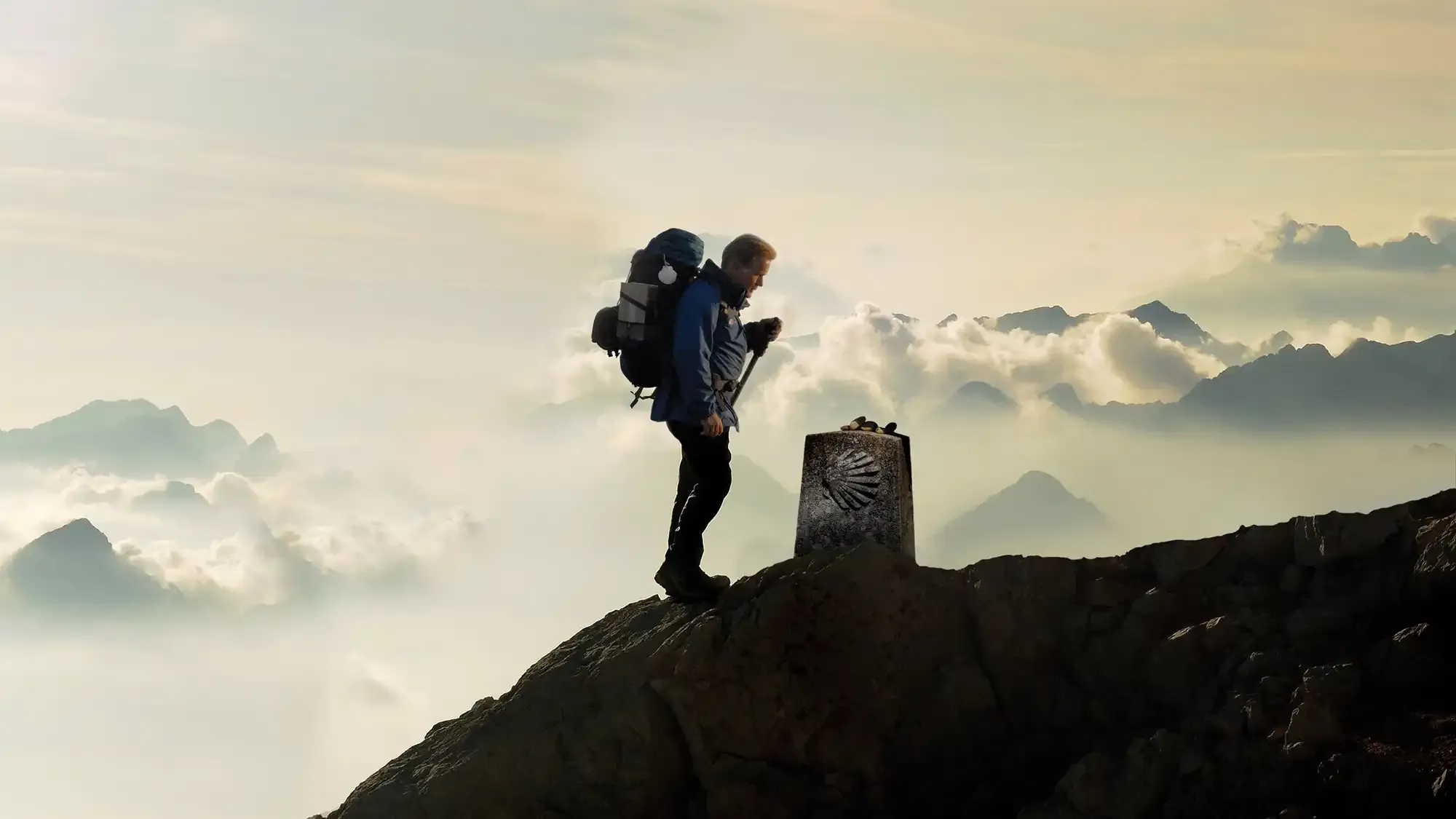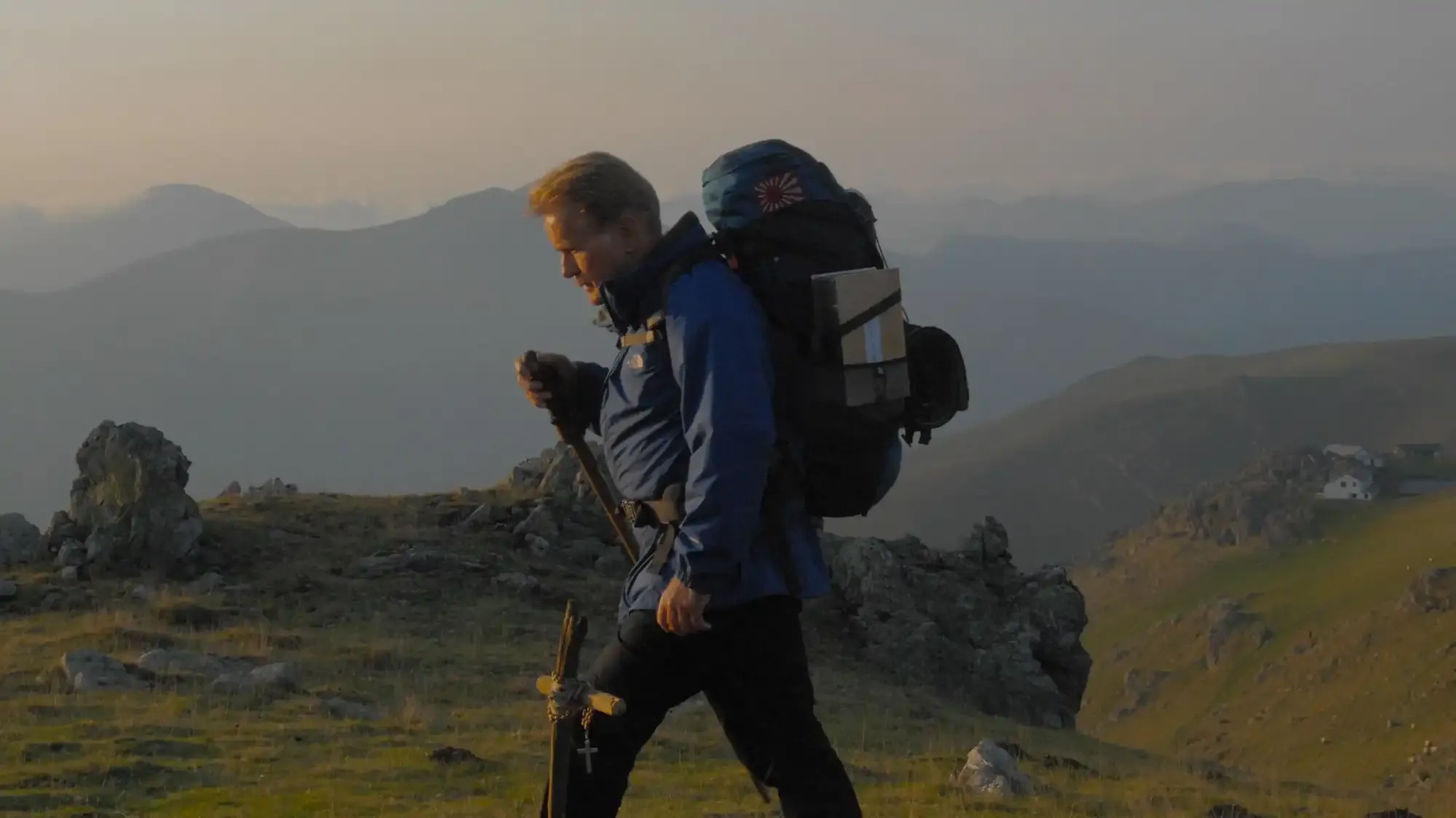"A Journey of Self-Discovery: `The Way` Explores Paths of Heart and Spirit"
Posted Thursday, Nov 30, 2023 242
Emilio Estevez`s 2010 film `The Way` is a heartfelt drama that follows Tom Avery (Martin Sheen), an American doctor who embarks on a life-altering pilgrimage along the Camino de Santiago, a famous pilgrimage route in northern Spain. Tom undertakes the journey to honor his late son (played by Emilio Estevez) who died while walking the same route. Along the way, Tom encounters a diverse group of fellow pilgrims, each with their own reasons for embarking on the journey. As the miles pass by and friendships form, Tom`s physical and emotional journey evolves, leading him to unexpected discoveries about grief, purpose, and the redemptive power of human connection.
`The Way` delves into themes of grief, self-discovery, and the transformative power of pilgrimage. The film’s tone is contemplative and soulful, striking a balance between introspection and the shared camaraderie found along the ancient pilgrimage route.
Martin Sheen anchors the film with a deeply introspective portrayal of Tom, navigating his character`s emotional journey with great sensitivity. The ensemble cast of pilgrims, portrayed by Deborah Kara Unger, Yorick van Wageningen, and James Nesbitt, bring a diverse range of personalities and motivations, complementing Tom`s own personal quest.
Emilio Estevez`s direction displays a deft touch, drawing sincere and genuine performances from the cast while capturing the physical and emotional landscapes traversed by the pilgrims. Estevez`s direction reflects a reverence for the spiritual and communal aspects of pilgrimage.

The evocative score by Tyler Bates subtly enhances the film`s emotional resonance, adding a haunting and introspective quality that complements the pilgrimage experience.
Juan Miguel Azpiroz`s cinematography beautifully captures the stunning landscapes and historical landmarks along the Camino de Santiago, lending the film a sense of authenticity as it delves into the visual splendor of the pilgrimage route.
The production design authentically recreates the various towns and rest stops along the Camino de Santiago, capturing the vibrant and diverse communities that provide a backdrop to the pilgrims` collective journey.
With a focus on raw human emotion and the beauty of the natural surroundings, `The Way` relies more on practical effects and natural aesthetics to create a genuine and immersive experience, favoring authenticity over elaborate visual effects.

The editing maintains a deliberate pace, allowing the emotional and physical aspects of the pilgrimage to unfold organically. It creates a rhythm that mirrors the ebb and flow of the characters` personal transformation.
The pacing of `The Way` reflects the rhythm of a pilgrimage, embracing the sometimes contemplative, slower moments and interspersing them with bursts of camaraderie, conflict, and reflection, creating a film that parallels the ebb and flow of life itself.
The dialogue in `The Way` is nuanced and introspective, inviting viewers to reflect on themes of loss, redemption, and the universal yearning for purpose and connection.
Some critics may argue that the film`s narrative can feel meandering and episodic, and that certain character arcs could have been further developed. Additionally, the film`s treatment of cultural and religious themes may be seen by some as superficial or overly sentimental.
As a film critic, `The Way` stands as a moving exploration of personal growth and self-discovery on a physical and spiritual pilgrimage. With heartfelt performances, stunning cinematography, and a contemplative tone, the film invites viewers on a transformative journey, one that explores universal themes of grief, connection, and the resilience of the human spirit.